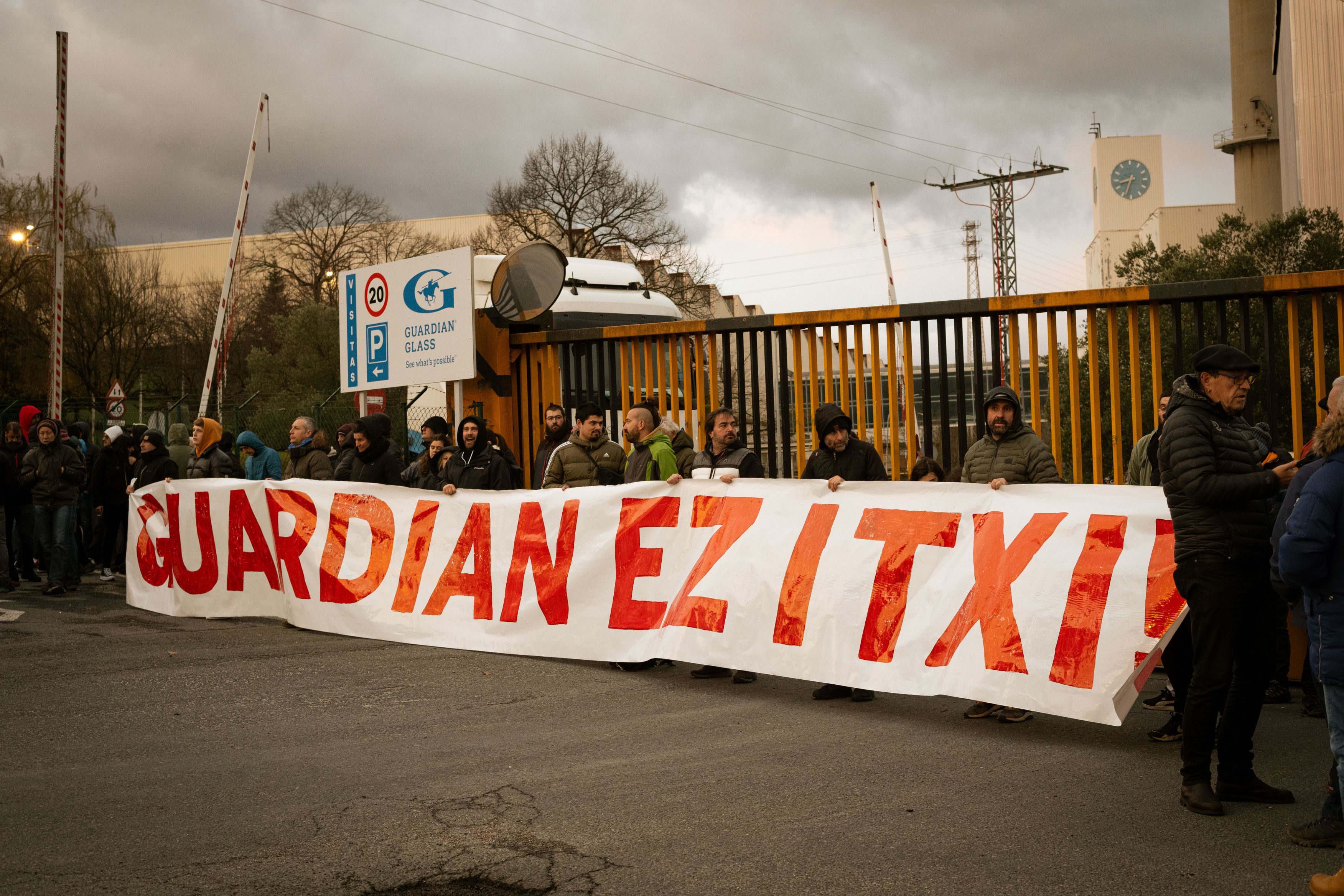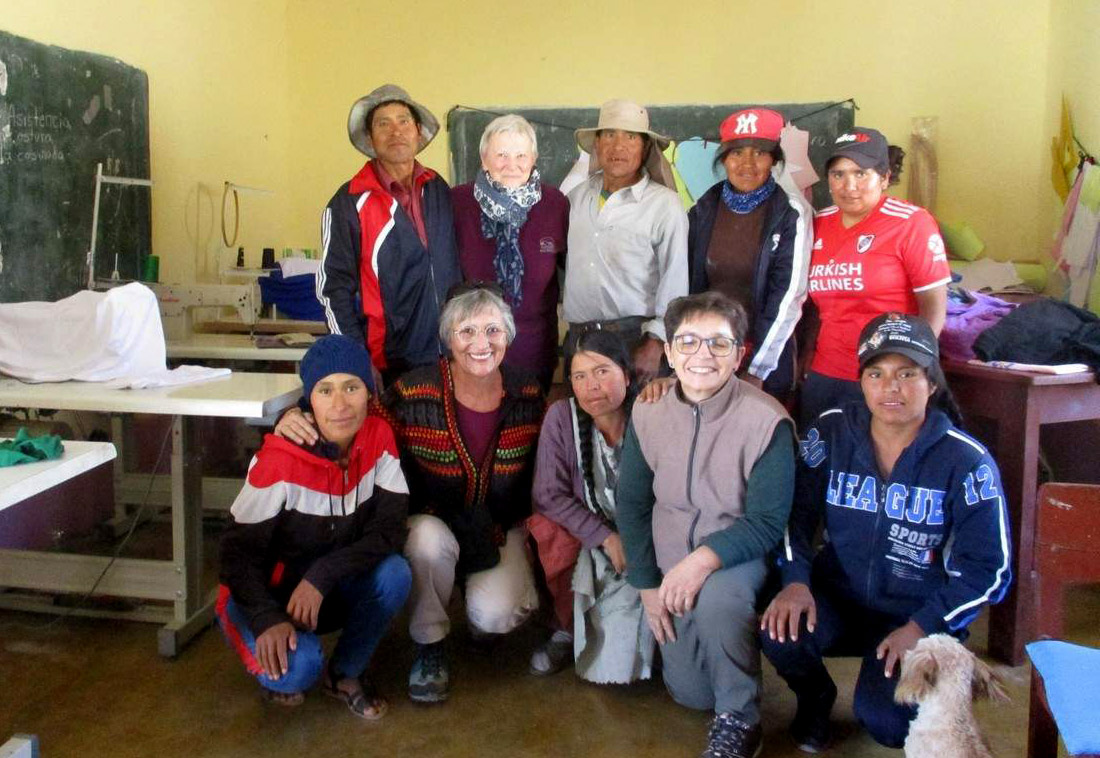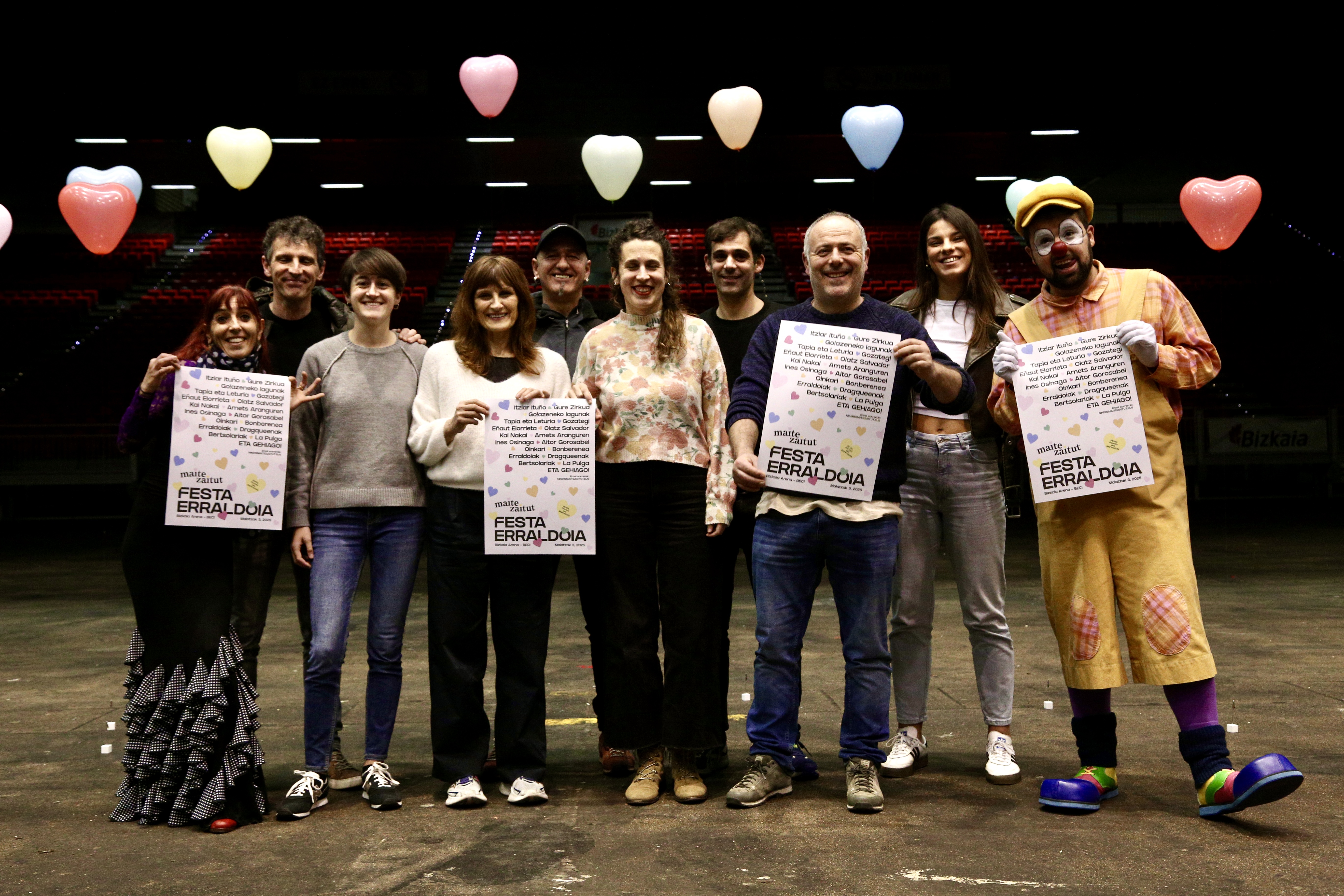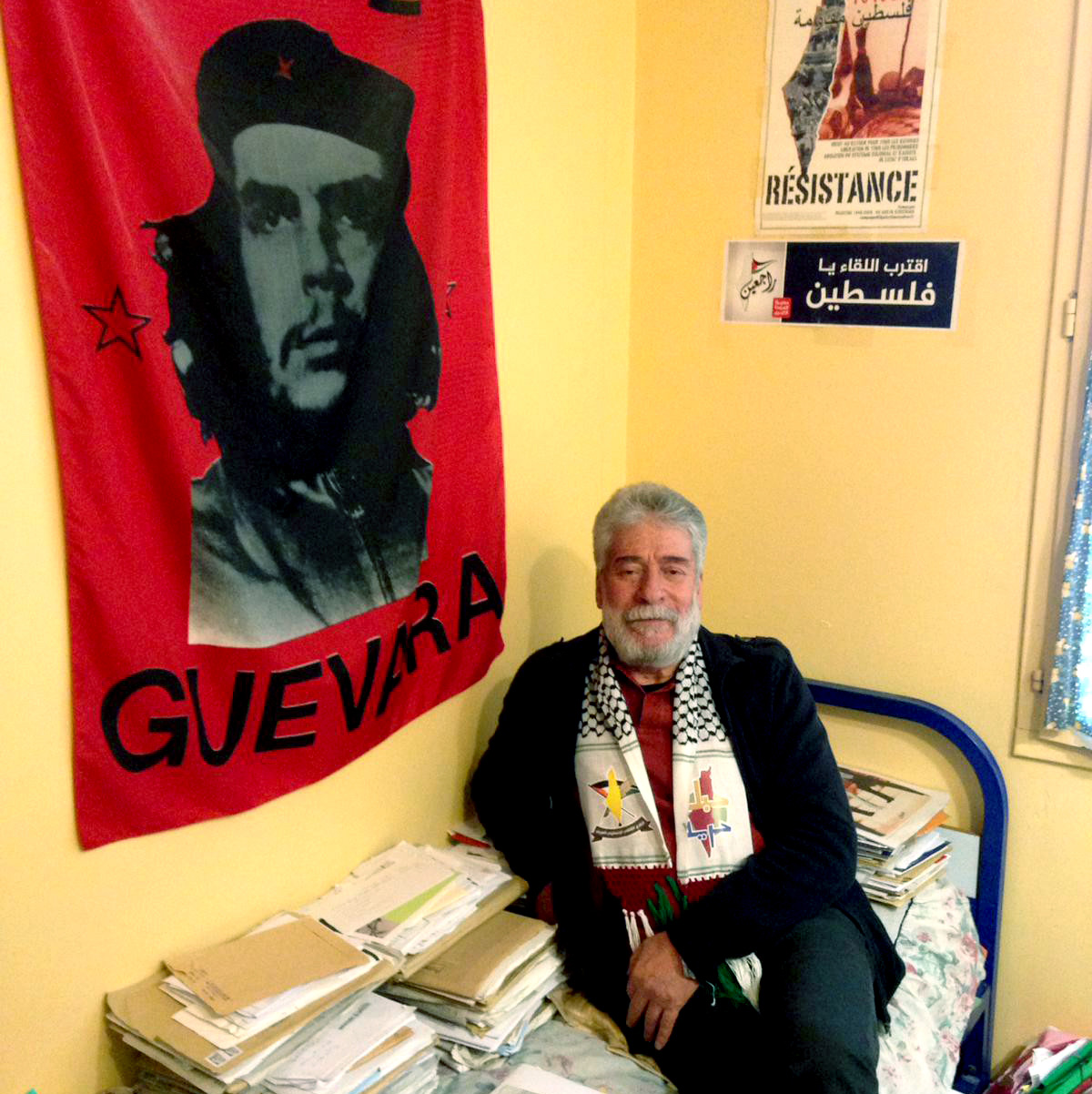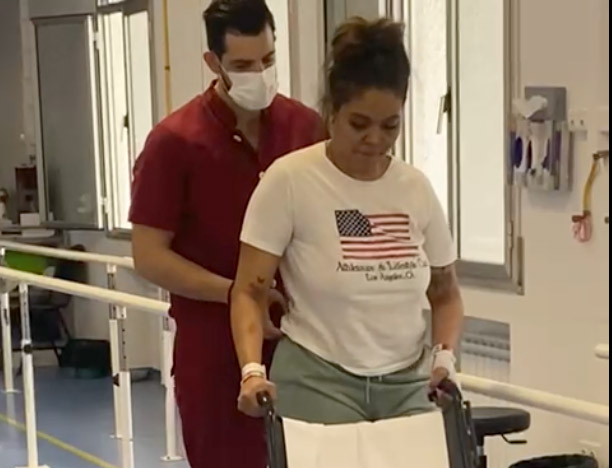"The jurist is a tailor who makes the gown to the political decision"
- “In the sea the waters are great for those who want to immerse themselves...”
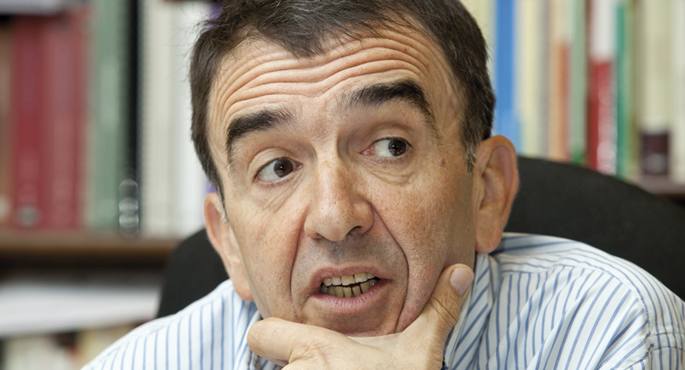
The 1980s, with a booming political environment, and you advocate. It looks like a classic.
I am a second- or third-party expulsion lawyer. First, I studied for five years business and economics, influenced by my father's profession and family environment, and I discovered my vocation drawn to the law subjects we had there. For me, the lawyer is not, as Sarrionandia says, choosing who to give the reason for the money. For me, the nobility of this trade is to stand next to the accused in the lowest rung of the ladder. Of course, the political environment of that time would feed me passion, but the passage of time has made me a vocation of the whole right. The journalists of the National High Court often take my hair, “You believe in law!” This belief is a serious mistake there.
What is the law for you?
Law, law, are indispensable instruments of society. From the classical point of view, the law has always been the expression of power. Show me the code, and I'll tell you who it's sending. That's true, it doesn't turn around, but at the same time the law is an extra piece in the power machine, and it only uses it to the extent it serves it. It is evident that justice is not always done with the law, and because it is the shadow of the State, it is a tool that has to be there in any model or political system. Even Lenin, in his time, did not speak in vain of the principle of socialist legality.
Criminal laws and codes have changed radically since the 1980s.
The differences are remarkable. Imagine that, in my early days, the usual thing was that the crime of armed gang collaboration was punished with a year’s imprisonment and now the law requires a minimum of five years. Much more modest punishments were also applied for storing weapons and explosives, as the criminal code of the time allowed, unlike the current one, to reduce the penalties by two degrees. As for the procedures, they want us to believe that we have improved, because the ten-day period of incommunication was declared unconstitutional and reduced to five, but that has not made torture disappear. Tightening penalties and reducing defence guarantees are the main features of anti-terrorist laws. The State always maintains at its disposal the mechanisms it deems necessary. In 1982, as soon as it reaches the PSOE Government, three laws were published: the anti-terrorist law, the Habeas Corpus law and the law guaranteeing the right of the detainee to be assisted by the lawyer. How does the second generation of state terrorism arise if the second and third publications guarantee and increase the rights of the detainee? Because the first law dismantles the other two. Formally and apparently, all rights are guaranteed, but in practice, the State retains all weapons on its sleeve: the use of torture, black spaces safe from any standard, autonomous police behaviour without any political or judicial control ... Before, today and always, a State keeps the tools that can play the game at any time, involved in the cellophane of legality and constitutionality.
Not only that, but the issues that we consider to be political, we need to add media pressure.
The judges of the National Court recognize that the pressures are extremely high. Since the appointment of the current chief prosecutor, it is clear that the prosecution’s criticisms are based on media resonance. There's the case of De Juana, Ino Galparsoro ... The National Court’s tents must be taken into account in order to understand what is incomprehensible. The prosecution of the National Court has a direct relationship and dependence with the Government, and the police forces play a more significant role than in any other instance of the world. Sometimes, instead of being a police assistant, the judge becomes a police assistant. This is a political contagion of decisions and judgments, and media pressure directly influences political play, so political play brings that pressure to the audience, turning the court into a puppet theater. As everything moves to the convenience of the police and the prosecution, the investigating judges of the National Court are secondary actors.
And meanwhile, with the social pressure of the Basque Country, wanting to influence the sensations.
I have an anecdote that reflects the effect that those pressures can have on the National Audience. In Macrojudgment 18/98, before a defence allegation, President Ángela Murillo said aloud: “What matters what Strasbourg says!” If the President of the Chamber of a section of the National Court does not care what the most important European court says, think about the social pressure in Euskal Herria. But that doesn't mean that that pressure is unnecessary, it's very important, but the audience only gets a few distant echoes. That is a bunker, those who have to make decisions are very protected and the little that comes to them do not take it into account. It is a special tribunal, and with the exception of the exceptions, the judges who come to it are those who are obsessed in defending the interests of the State. That is why it is so opaque, so watertight, difficult to assimilate from the reflection on fundamental rights. That is why real battles are being fought in the Supreme Court.
In your work you see the detainees, prisoners, wounded in attacks, threatened... In this new stage there is a lot of talk about the role that victims should play, about the battle of memory...
In recent times, victims have been used to condition and motivate political decisions. They have been the weapon of pp to end the government of the PSOE, but obviously the victims are not a political agent and cannot be a political agent. It must be based on respect for the victims, but it is unthinkable to make political decisions on the basis of them. That is what is happening and it is going to happen in the coming months, but, I insist, you have to be in your place playing with all respect, not above or below. Recognition is compulsory, reparation is compulsory, we have a long way to go for the recognition of the victims of all parties. But let us not deceive ourselves, what has been said from the point of view of politics cannot be the historical account of this people. The history of what it has been will be written for many years now, historians and scientists will have to write, free of objectivity, commitment to truth, partisan and interests. It seems to me a fearful pretension that you want to leave the story of the past 50 years written today. This exercise requires a time distance, to be safe from the splashes of feelings. Passion does not know how to write historical accounts.
What conclusions and lessons have you drawn from previous negotiating sessions and processes?
Aljer reached the highest level of politico-military confrontation, but then the State did not want to seek a solution to the underlying political problem, but rather the repression and deactivation of the confrontation. In Estella an agreement is reached between abertzales to deal with the State, but the military solution is also maintained there. In Loiola there is also that solution, and there we were also looking at the state, the state was the benchmark. That is why the path that has led us to the portal of this process is very different, and that is why we have to look at a new perspective. On the one hand, the approach of the last two years is purely political and focuses on the debate only in political terms. On the other hand, in all the documents so far the negotiation with the State was present, but now that has turned into the background. Without looking at the State, we have placed our hearts in a process of accumulation of forces with international projection and focused on Basque society, so that it can positively value the sovereign objectives. The time will come to contrast with the State, but as a result of a process that will have at the centre the impulse and the capacity of society. If something I have learned from previous processes is that society must be part of the process. All responsibilities cannot be left to the actors directly involved. There is no political process without people.
Suppose that the process began with the internal debate of the Abertzale left. Many inks and sweats have been poured into it since then.
I started with the end of the internal debate and the presentation of Sortu. If we want to make policy, we have to legalize the Abertzale left. Politics cannot be made without political parties. In view of this, the State provides you with a legal framework, with conditions and demands that tighten the funnel. Faced with this situation, the Abertzale left decides to create a party and therefore has to accept the funnel. It has not been an easy decision, in certain sectors of the Abertzale left it has taken a long time to digest. The day of the presentation was not a few chills and hearts swinging in the throat, but I think it was a success, because when you push out such an important decision, you get on a road with no return. For me, there are tipping points and irreversible decisions. In this case, the key turning point is the intense internal debate that has taken place between October 2009 and February 2010, and the externalisation of the consequences of this internal debate is an irreversible situation. If by surprise the challenge of the Abertzale left is to win the battle of credibility and publicly present such committed statutes, you have no back, society knows what your wager is, there is no other.
This
credibility has been deeply rooted in the events of recent weeks.
The Conference in Aiete has been a very important step. As I said before, international involvement and that of Basque society are two essential elements in this process. I was sure that ETA would agree with the request made in Aiete and I look forward to continuing to comply with the roadmap contained in that statement. International support, however, has another reading that I find very interesting. One of the characteristics of the Spanish State at the moment is the lack of internal cohesion. The various apparatus of the State do not go in the same direction. It is therefore clear that police forces, and in particular the Civil Guard, are going to make moves to tackle what they do not like. There is nothing more to do with the work that some media are doing through food. On the other hand, in the judiciary, which may be key in the near future, there are forces against a definitive solution, or what is the same, the judiciary is divided into two. These devices will do their best to put pressure in a certain direction on the new government of the pp that is announced, and, against that, Rajoy can come very well with the support of significant names that were in Aiete to cushion those low blows and advance the process. Although the pp now looks at it with mistrust and contempt, it does not surprise that in the future the international support group will be used as an ally to deepen the process.
What weight can the legal sphere have in this process? There is the issue of prisoners, for example.
Any human conflict is basically legal, but at the same time, when it comes to a politician through, the jurist does not command. Normally, the State uses legal aspects as an excuse to mark times and avoid political progress. On the right track, the legal aspect comes to the end, because the most important thing is the political will, the political pact that is reached. The jurist is a tailor who makes the go-to political decision. Thus, the legal framework is the shield of the State, and by making a realistic analysis it cannot be forgotten that amnesty does not exist either in the Constitution or in the penal code. The Constitution clearly states that no general pardon can be granted, so the law only provides for cases in which this pardon is granted. In addition, in 2003, the Aznar government introduced wild, unspaced changes in penal codes and prison regulations. Where can the release of prisoners in this situation come from? It could be, as in Ireland, that a special law was passed to regulate the progressive release on the basis of the personal situation of political prisoners, but surely the Spanish State will be inclined towards the appropriate analysis and decision. That is why I believe that if a specific general law is not possible, at least a specific general framework should be established defining common guidelines for the group of prisoners, despite the different release periods. That would be the casuistic of convicted prisoners. As for pre-trial prisoners, since the situation now stabilized removes the risk of leakage and repetition of crime, the release of pre-trial prisoners will be greatly facilitated. But, as I said before, everything depends on political will.
1953an sortu zen Hernanin (Gipuzkoa). Bere garaian Madrilen senatari eta Gasteizen legebiltzarkide izan arren, abokatu lanagatik da ezaguna. Azken urteetan, besteak beste, 18/98 edo Egunkaria bezalako makro-auzietan, edo ilegalizatutako ezker abertzaleko alderdi desberdinak defendatzen ikusi dugu. Aspaldi luzean, ezker abertzaleko kide esanguratsua da.
“Ni Esnaolarekin hasi nintzen, eta garai hartan Esnaolak berak eta Castells-ek, abokatu izateaz gain, pisu politiko handia zuten ezker abertzalean. Gatazkak presoak sortzen zituen, presoek abokatuak behar zituzten, abokatuak presentzia nabarmena hartzen zuen, eta diskurtso politikoa horien bidez proiektatzen zen neurri handi batean. Urteekin gauzak asko eta askotara aldatu dira ordea, eta orain garbi daukat, abokatu eta politikari lanak bateraezinak direla”.
Eskoziako Lur Garaietara otsoak itzularazteak basoak bere onera ekartzen lagunduko lukeela adierazi dute Leeds unibertsitateko ikertzaileek.. Horrek, era berean, klima-larrialdiari aurre egiteko balioko lukeela baieztatu dute, basoek atmosferako karbono-dioxidoa xurgatuko... [+]
Karen Daniela Ágredok dioenez, atxilotu zutenean ez zuen inongo ertzainik zauritu, haiek lurrera bota zuten eta konortea galdu zuen. Ondoren, Ertzaintzaren komisariaren zoruan iratzartu zen eta handik ospitalera eraman zuten.
Hiuzz + Bloñ + Adur
Noiz: otsailaren 15ean.
Non: Iruñeko Aitzina tabernan (Egun Motelak kolektiboa).
--------------------------------------------
Larunbat goiza Iruñean. Neguko eguzkitan lanera doazen gizon –eta ez gizon– bakarti batzuk... [+]
11 doctors in health care earn 230,000 euros each year, one of the practices 18,000 euros
This Thursday, EH Bila asked the Government of Navarre to investigate and correct this situation in the plenary session of the Parliament of Navarre. The UPN and the PP have joined the... [+]
Zubiak eraiki Xiberoa eta Boliviaren artean. Badu jadanik 16 urte Boliviaren aldeko elkartea sortu zela Xiberoan. Azken urteetan, La Paz hiriko El Alto auzoko eskola bat, emazteen etxe baten sortzea, dendarien dinamikak edota tokiko irrati bat sustengatu dituzte.









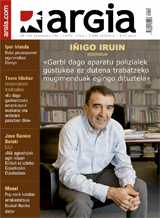



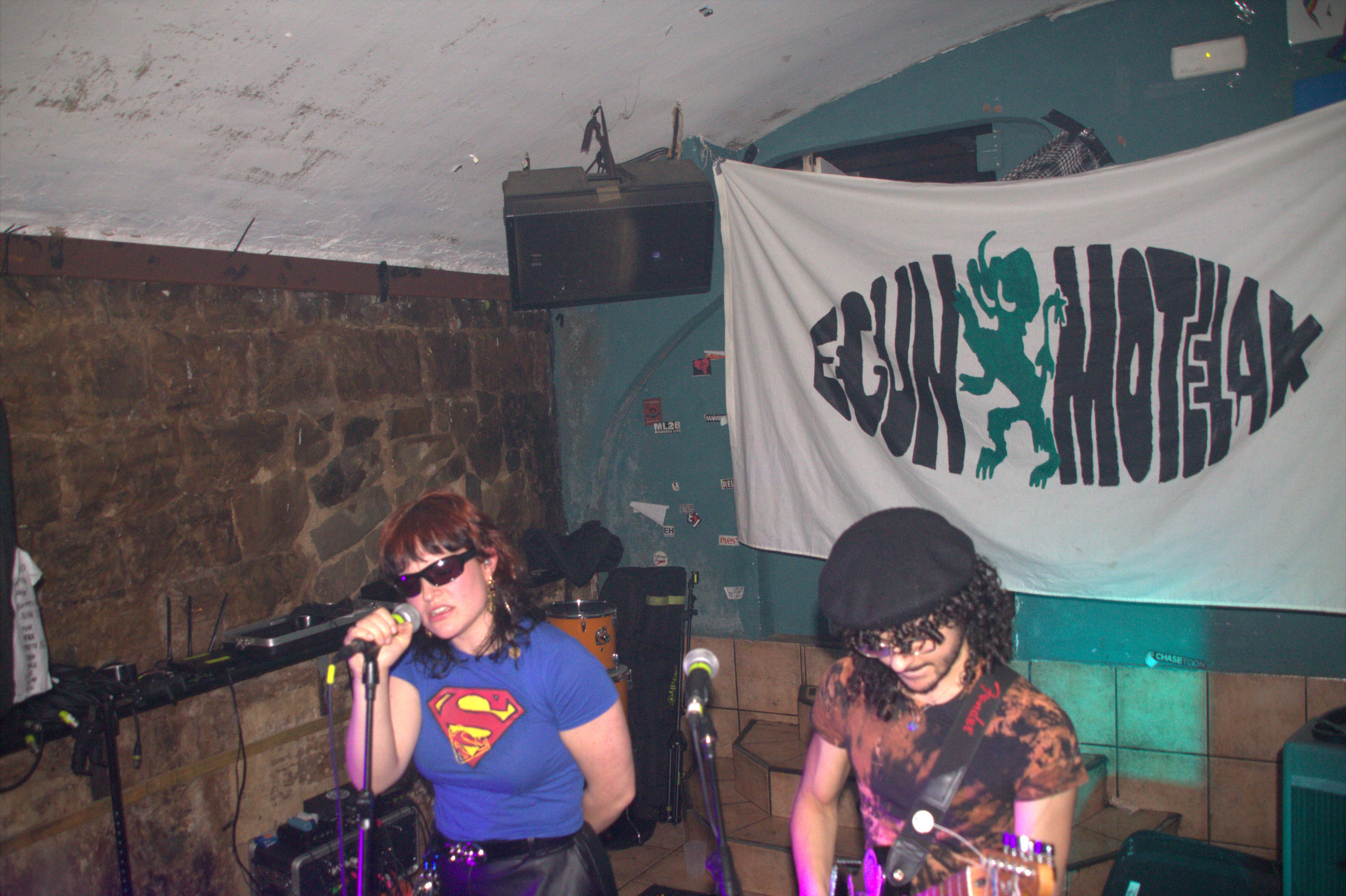
.jpg)


